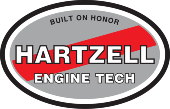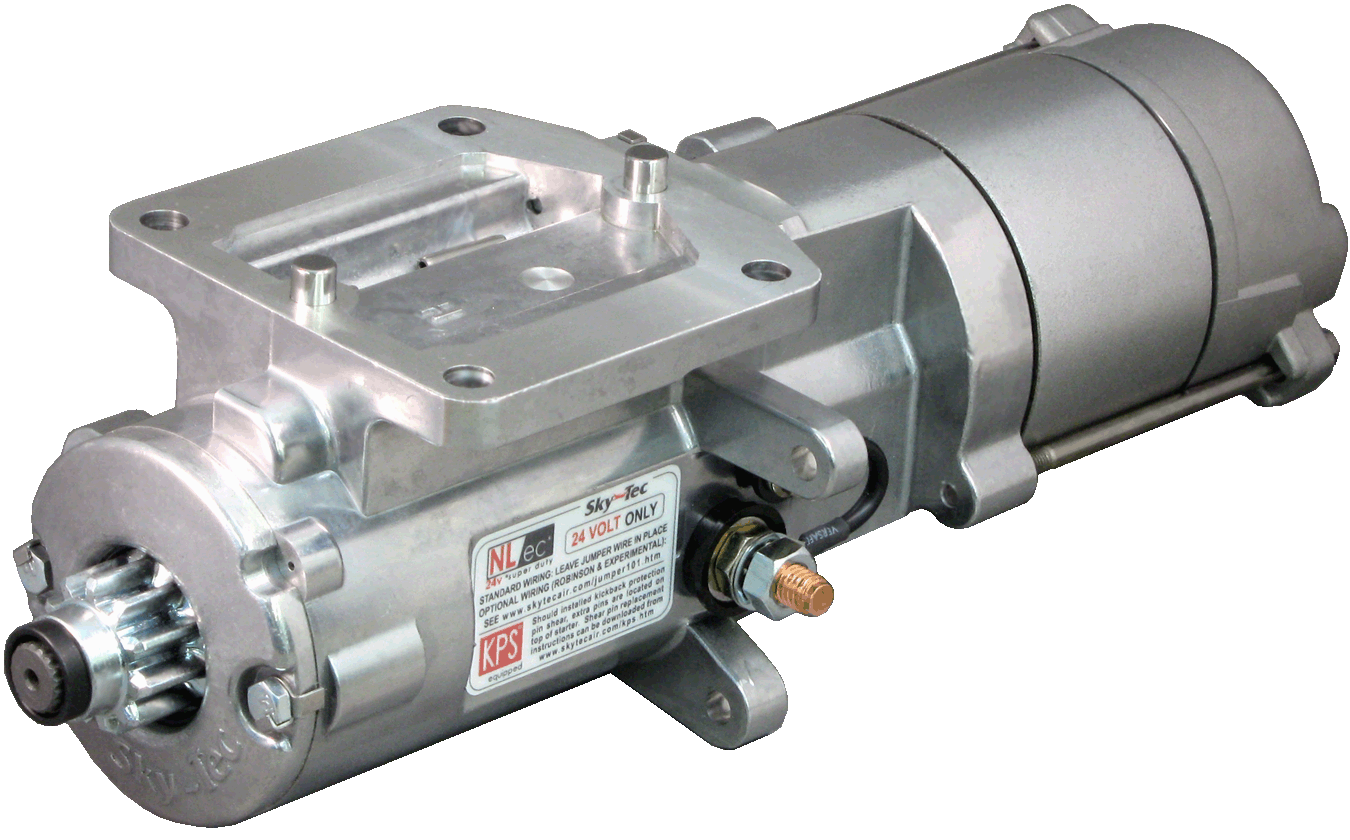When you think about it, general aviation as a whole is not ripe with early adopters. It takes a while for the “old guard” to change its “if it worked then, it’ll work now…” way of thinking.
And there are plenty of examples: Take the long-running repair-versus-overhaul-versus-replace debate regarding alternators and starters. Even though their legacy units are 30-or more years old, many aircraft owners and mechanics still choose to overhaul their components instead of buying a brand-new part – even though the new one is practically the same price as an overhaul.
Tim Gauntt, Director, Product Support, Hartzell Engine Technologies explained that even though the company overhauls more piston aircraft engine starters and alternators than anyone in the business, he strongly recommends that aircraft owners forego the overhaul and upgrade to a new unit.
“From my experience talking to a lot of aircraft owners and mechanics, I think their resistance to change is due to three things: One is that overhauling is the way they’ve done it for years, so why change?” he said. “Number two is no one has taken the time to explain the reasons why a modern alternator or starter will simply perform better and last longer than any overhauled unit. And the third is in many cases the owner isn’t aware that there is an approved and affordable alternative to an overhaul.”
Let’s start with starter overhauls…
It’s a pretty good bet that there are probably more starters overhauled in general aviation each year than about any other component: and that’s due to a number of reasons. One major reason comes from pilots and mechanics not following proper starter duty cycle procedures and literally cooking their starters. This is very avoidable and HET has produced a video on proper starter duty cycles to help. Click here to watch.
Another reason is a good number of starters in the field are equipped with old-fashioned and failure-prone mechanical Bendix drives. “By far, more starters are sent in for repair because of Bendix drive failures than anything else,” Gauntt said. “The technology was originally found in car starters, but was abandoned by the automotive industry in the 1960’s. It’s a mechanical device that is very sensitive to its environment so they will often stick and bind, preventing the starter from engaging and/or releasing. That’s why Hartzell Engine Technologies has announced they will no longer overhaul or manufacture starters with mechanical Bendix drives. The technology is obsolete and too prone to failure.”
Gauntt stressed that while Hartzell is no longer manufacturing or overhauling Bendix-type starters, the company remains committed to overhauling other types. “One of our competitors is saying that HET is out of the starter overhaul business, which is false,” he added. “Continental starters don’t use the Bendix drive and we still offer overhaul services for these types of starters if that’s what the customer wants.”
Of course, while overhauling a starter is always an option, it’s not always the right one. “Modern Hartzell or Sky-Tec starters offer a number of advantages over the legacy designs,” Gauntt said. “Depending on the engine’s specific needs, new-generation starters can be smaller, lighter, run cooler, deliver more cranking power – and some even offer kickback protection. In most cases a brand new Sky-Tec NL series starter costs about the same as an overhauled Bendix unit – and the Sky-Tec comes with a two-year warranty.”
For more information on Hartzell’s full line of new-generation HET and Sky-Tec starters, visit: https://hartzell.aero/product/?selection=starters
For many Cessnas and Pipers, the newest overhauled alternator is 30-years old.
“Some of the most popular legacy alternators are based on automotive units and 50-year old technology,” Gauntt said. “Many older Piper aircraft have units that were made by Chrysler, while Cessna used Ford produced alternators. They were fine for their day, but we have made a number of improvements to the modern units Hartzell offers under the HET and Plane-Power brands.”
In fact, now through March 31, 2017, Hartzell is offering a $150 trade-in credit on certain old Ford and Chrysler units to help encourage Cessna and Piper owners to make the switch to the reliability and performance of a new Plane-Power alternator. To learn more, go to: www.PlanePower.com/GetCash.
Hartzell also has good news for owners with big, six-cylinder Continental engines that have the Crittenden gear-drive alternators. The company now offers two modern alternatives to these heavy and trouble-prone units: The ALV-9610 is a 24V/100A unit that directly replaces the 100A Crittenden and the ES-6024D is a 24V/60A replacement for the 60A applications.
Gauntt explained that these new-generation alternators feature a six-magnetic pole design, which is much more efficient, directly translating to alternators that are more reliable, run cooler and last longer on the aircraft. “In addition to the mechanical and performance improvements found in HET’s new-generation alternators, each is also covered by either a two- or three-year warranty,” Gauntt said. “Overhauled units typically come with six-month coverage.”
For more information on Hartzell’s full line of new-generation HET and Plane-Power alternators, visit: https://hartzell.aero/product/?selection=alternators

